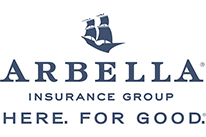Anyone who sells alcohol on their premises, including the manufacturing, selling, and serving of liquor, is at risk of a pricey lawsuit. Many people enjoy a drink every once in a while – for some, it helps to relax and unwind, for others, it makes them more social.
However, drinking too much can lead to accidents and injuries. If a customer causes an accident or hurts another person, you may be held responsible for it even if the incident takes place outside of your business premises. Furthermore, you may be considered responsible regardless of the legality of the customer's behavior
This is where liquor liability insurance comes in. In this article, you will learn the basics behind liquor liability insurance, who needs it, what it covers, and how to save money on the policy.
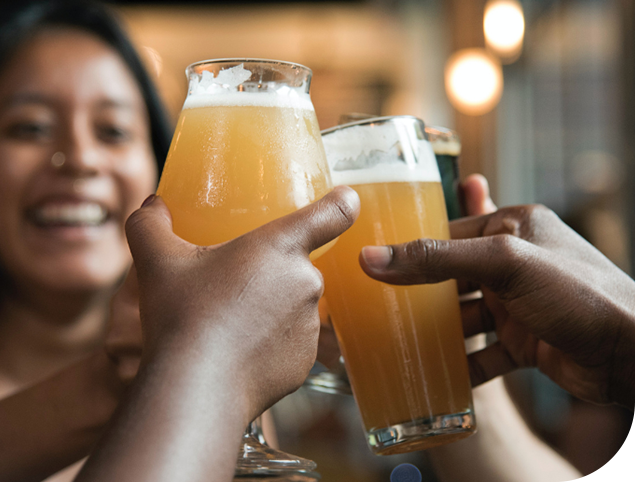
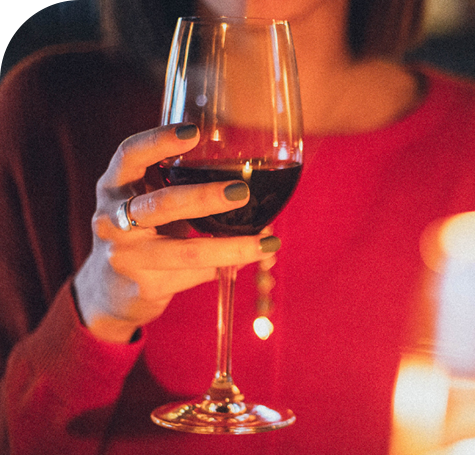
Liquor liability insurance is a policy designed to protect the manufacturers and sellers of alcohol. Primarily, it focuses on the consequences of excessive drinking. Suppose a patron is involved in an accident or wrongdoing – in that case, you will be covered if you are held liable for their actions.
Most standard policies will not cover alcohol-related incidents. Additionally, dram shop liabilities are in effect in 43 states. These make a business liable if they serve a customer who is clearly intoxicated. Therefore, if you serve someone who has already drunk more than enough and then that customer totals another person's car, you will be held responsible. Such accidents can bankrupt even a healthy business, so it would be best to have liquor liability insurance.
See More: Professional Liability Insurance
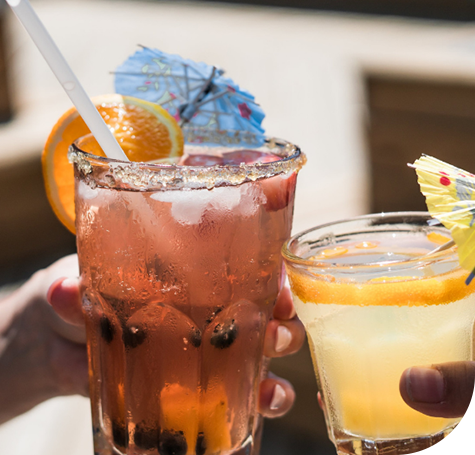
All businesses that serve alcohol can find themselves in a situation where they could benefit from liquor liability insurance. These businesses include:
Remember that liquor liability only covers alcohol-related incidents. To have coverage for other liabilities, you still need general liability insurance.
As mentioned, most general liability insurance policies exclude alcohol-related events if your business produces, sells, or serves alcohol. Under liquor liability insurance, you will be covered for:
When purchasing a policy, you should scrutinize it to see what is and is not covered under the agreement. For instance, review defense provisions as they can be deemed outside the limits of the policy. Usually, legal fees and other related expenses do not affect the limits of your policy, but in some cases, e.g., if your insurer uses proprietary forms instead of the standard ISO forms, your defense costs could fall under the policy limits.
Also, consider if the coverage is claims-made or by occurrence. Under a claims-made policy, you are covered for a claim irrespective of the date of the claim event as long as the policy is active. With an occurrence policy, you have coverage for claim events that occur during a specific period (usually while the policy is active) even once the policy has expired.
Stress, mental anguish, and psychological injury are all considered mental injuries. Claimants who were affected by an intoxicated customer can claim these as injuries. However, some policies specifically exclude mental injuries from their policy.
Finally, some insurance companies offer free risk management training to the employees of their clients. If you are interested in such training, ask your insurance provider about their offerings.
Liquor liability insurance may feel like an added expense on top of all the other policies you need. However, it is invaluable for most businesses serving alcohol. People are unpredictable, even more so when they consume alcohol, so it is better to be prepared for the worst than lose a fortune in a lawsuit. In spite of that, there are several tips for reducing the cost of your monthly premium payments. These include:
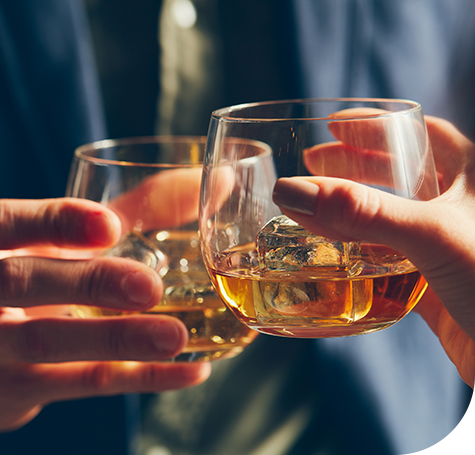
If you would like to ensure your business or explore the options available to you, email us give us a call, or fill out the free quote form on our website. Our experts are always happy to help!
